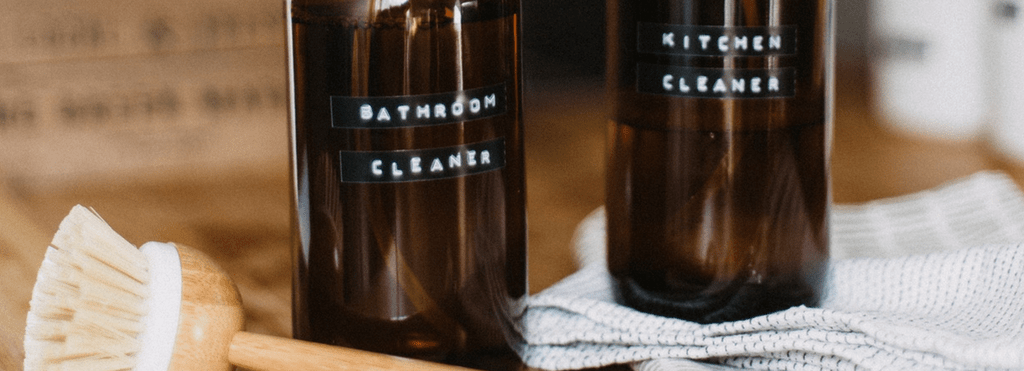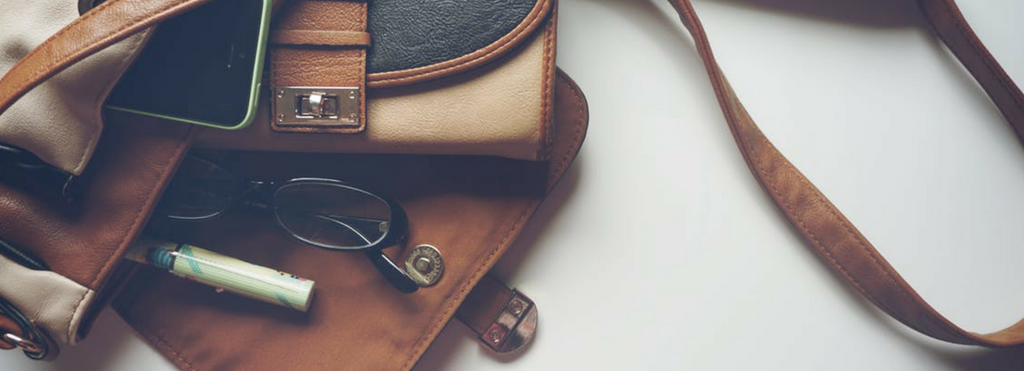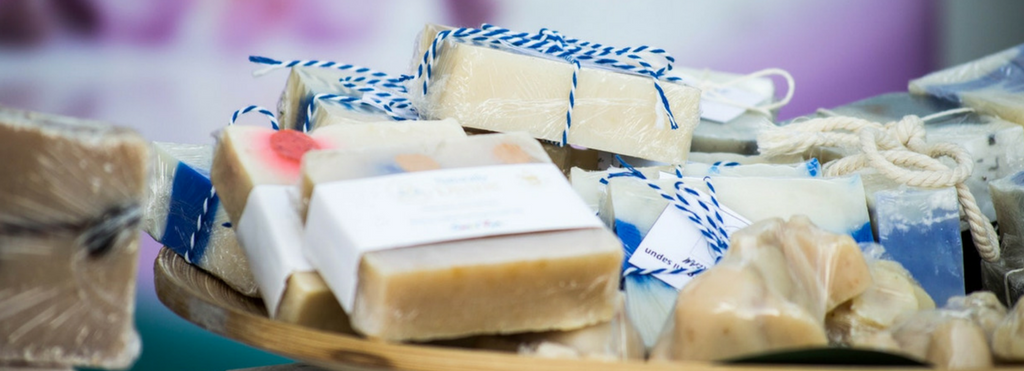9 Ways to Reduce Your Plastic Consumption and Save Money
Plastic-free living shouldn’t cost the earth, but unfortunately we live in a world where convenience is king. There are some brilliant brands out there doing great work to fight plastic waste - including some of our favourites Neal’s Yard, United By Blue and F.E.T.E - but they naturally come with a slightly higher price tag than their mass-produced, plastic-heavy counterparts. Whilst we would all love to invest in a more conscious lifestyle it’s not possible or feasible for everybody, and when you find your weekly shop bouncing up the more you try, it can be all too easy to give up completely.
Looking at the problem of plastic waste in its entirety can be damaging and counterproductive, a bit like looking directly at the sun. If you can make reducing your plastic waste a slow, steady, thoughtful process then you’ve got much more chance of lasting success. With that in mind, here are 9 habits you can cultivate to help you on your road to a less plastic-filled life, without breaking the bank.
1. Look for less wasteful alternatives as you run out.
Don’t try to radically overhaul your entire life in one go, but as you run out of things - perhaps your toothbrush is starting to look like a dog has chewed on it or you’re out of laundry detergent - take a few minutes to research less wasteful alternatives. One small swap every month or so will be far less overwhelming than feeling guilty about all the plastics you already own, or trying to tackle your entire home at once.

2. Invest in a good quality spray bottle and clean with baking soda and vinegar.
This might sound dubious before you’ve tried it, but it’s actually super easy, it really works and it’s crazy cheap! This video is a great place to start, and all you need is white vinegar, baking soda and Dr Bronner’s liquid castile soap.
3. Practise saying ‘with no straw’ after every drinks order until it becomes an extension of ‘please.’
Even if they don’t offer you one anyway or there are biodegradable ones on the counter, it’s better to just say it. Repeat: ‘three strawberry daiquiris with no straws please.’ Again: ‘one glass of orange juice with ice and no straw please’ (for the morning after).
4. Pack your bag the night before.
90% of reducing plastic consumption is simply having what you need when you need it (looking at you, reusable shopping bags). Reducing your plastic consumption is like swimming against the tide, and the most effective way to fight back is to simply be as prepared as possible by getting into the habit of packing your bag the night before and checking you have what you need. This has the added bonus of vastly reducing your stress levels each morning! Think of a mom lovingly packing her kids bag for school the next day and pack for yourself with the same level of care (because you deserve it.)

5. Keep a mini kit inside your main bag.
Organisation is vital, so make life easier for yourself with a mini kit to carry round small items in your main bag. It can contain things like your reusable straw, a folded up reusable bag, reusable cutlery and wax wraps for supermarket produce, so you’re prepared with everything you need at all times. Any small pouch lying around will do, but something like this is perfect (it’s made from recycled polyester and each sale actually removes one pound of trash from the ocean!)
6. Have a place where your reusable bag lives.
Reusable bags are the easiest way to kick the plastic, but they’re also the main culprit of our collective forgetfulness. Within any of your main bags you usually carry around should be a special pocket where your small, scrunchable shopping bag lives. It needs to become second nature to put it back in that pocket the second you’ve unloaded your shopping, before you’ve even had a nibble on those crisps you were saving for the weekend, because simply remembering to put it back isn’t enough for most of us. We love these Bagpodz, but anything small and scrunchable will do.
7. Think communal.
Especially if you live in a big city and are sharing with flatmates, we can be so laser-focused on our busy lives that we don’t realise we might be carrying more of a burden than we need. Buying things in bulk with your flatmates that you will all need at some point, like laundry detergent, can ease up on packaging and might mean you can more easily afford eco alternatives. It makes sense to share the things you all need, and making the effort to share when it comes to house duties will promote a happy and supportive home environment.
8. Save your jars and buy in bulk.
In a similar vein, try bulk buying food for your family, your flatmates or yourself and keeping manageable amounts in your kitchen. Having beautifully organised cupboards full of daily essentials like pasta, rice and porridge oats allows you to buy in bulk and save on both pennies and packaging. Plus, there’s nothing like a row of pretty jars to make you feel like you’ve got your life sorted.

9. Jump on the soap and shampoo bars craze.
There’s really just no need for endless piles of plastic bottles piled up precariously in the shower. Bar soaps like Dr. Bronner’s last for ages, come with lovely mild smells and don’t feel too ‘soapy’ on your skin. Some people find these work on your hair as well (ideal for the minimalists out there), but for those more prone to greasy hair then keep Dr Bronner’s for your body and seek out more specialist bars like those found at Lush for taking care of your locks.

Even if you consciously try to cultivate only one or two of these habits at first, it’s a great way to start slowly working eco-friendly alternatives into your life and your budget in a way that is sustainable for you.



